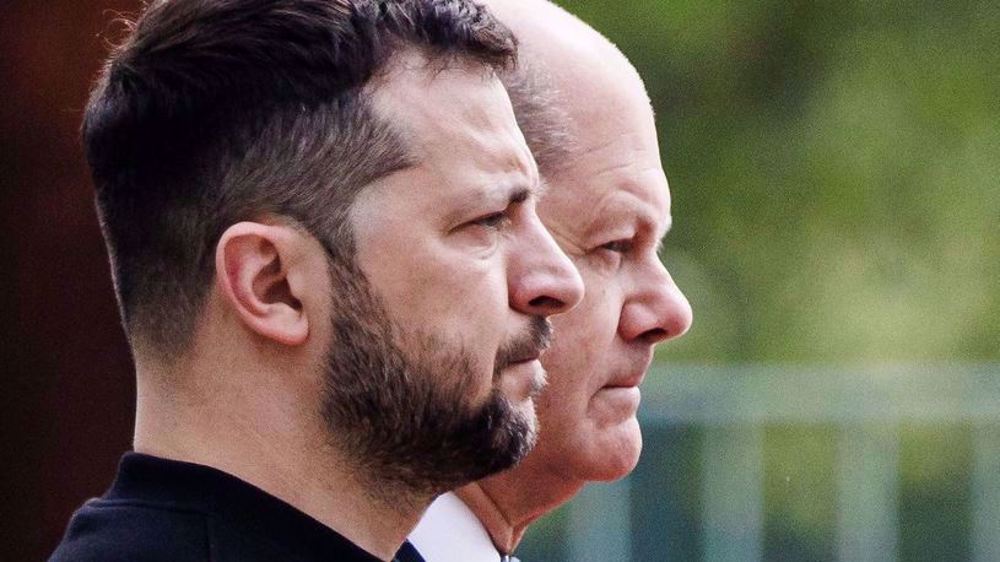German chief prosecutor drops probe into US tapping of Merkel’s cell phone
Germany’s attorney general has dropped an investigation into the suspected tapping by the US intelligence services of German Chancellor Angela Merkel’s cell phone calls, citing a lack of evidence for the case to succeed in court.
The office of Germany’s Chief Federal Prosecutor Harald Range announced the decision in a statement issued on Friday.
“The Chief Federal Prosecutor has closed the investigation over suspected spying on a mobile phone used by the chancellor by US intelligence services... because the allegation cannot be proven in a legally sound way under criminal law,” the statement read.
“The vague statements made by leaders of the United States of America on a possible monitoring of mobile telecommunications of the chancellor by a US intelligence service (‘not any more’) are not sufficient for a description of the activities.”
Referring to the statements by US officials, the statement added, “The remarks, which were interpreted by the public as a general admission of guilt, do not absolve (prosecutors) from gathering solid evidence in line with the requirements of the criminal code.”
Meanwhile, Steffen Seibert, a spokesman for Merkel, declined to comment on the issue, only stating that the “federal prosecutor has made his decision,” and that “it was never about her mobile phone, it was about all citizens.”
Range had launched the probe in June 2014, saying back then that there was “sufficient factual evidence” to demonstrate the US spying on the mobile phone of the German chancellor.
The chief German prosecutor, however, said in December last year that the investigation was not going well and he had not obtained any concrete evidence.
German weekly Der Spiegel said in a report published in October 2013 that it had seen secret documents from the US National Security Agency (NSA) supplied by American whistleblower Edward Snowden revealing that Merkel’s cell phone had been listed by the NSA’s Special Collection Service (SCS) since 2002 and may have been monitored for over ten years.

The development affected ties between Germany and the US, with Berlin asking for explanations from Washington. The US, however, denied spying on the German chancellor.
Snowden leaked two top secret US government spying programs in June 2013, which showed that the NSA and the Federal Bureau of Investigation (FBI) had been eavesdropping on millions of American and European phone records and the Internet data.
SSM/HSN/HJL
US vetoing of Gaza ceasefire resolution ‘disgraceful’: Iran’s UN envoy
VIDEO | IAEA adopts anti-Iran resolution tabled by E3
VIDEO | Iran's president urges Pope to help end Israel's onslaught in Gaza
Iran's senior legal official: ICC arrest warrant for Netanyahu ‘great victory'
Nov. 21: ‘Axis of Resistance’ operations against Israeli occupation
VIDEO | Israeli forces storm West Bank’s Jenin again, target civilians
Iran activates advanced centrifuges after IAEA's 'unjust' resolution
VIDEO | Press TV's news headlines










 This makes it easy to access the Press TV website
This makes it easy to access the Press TV website